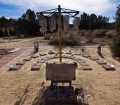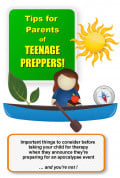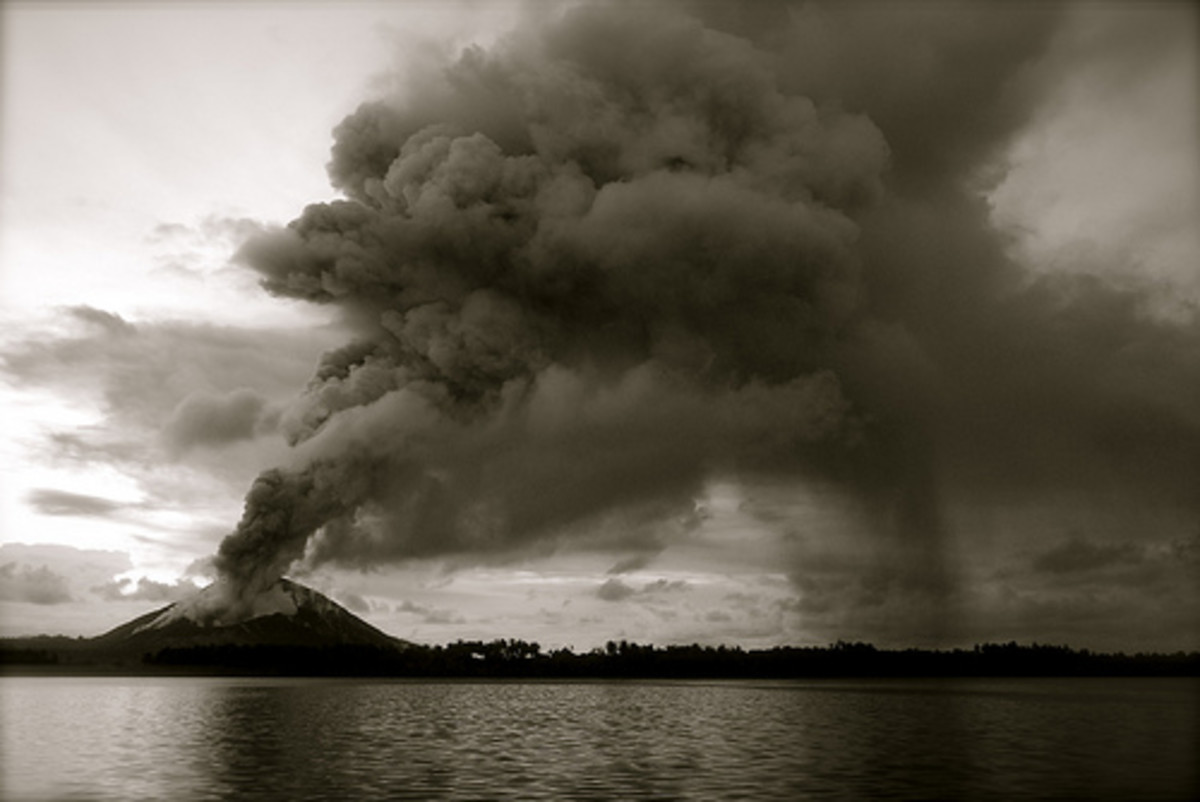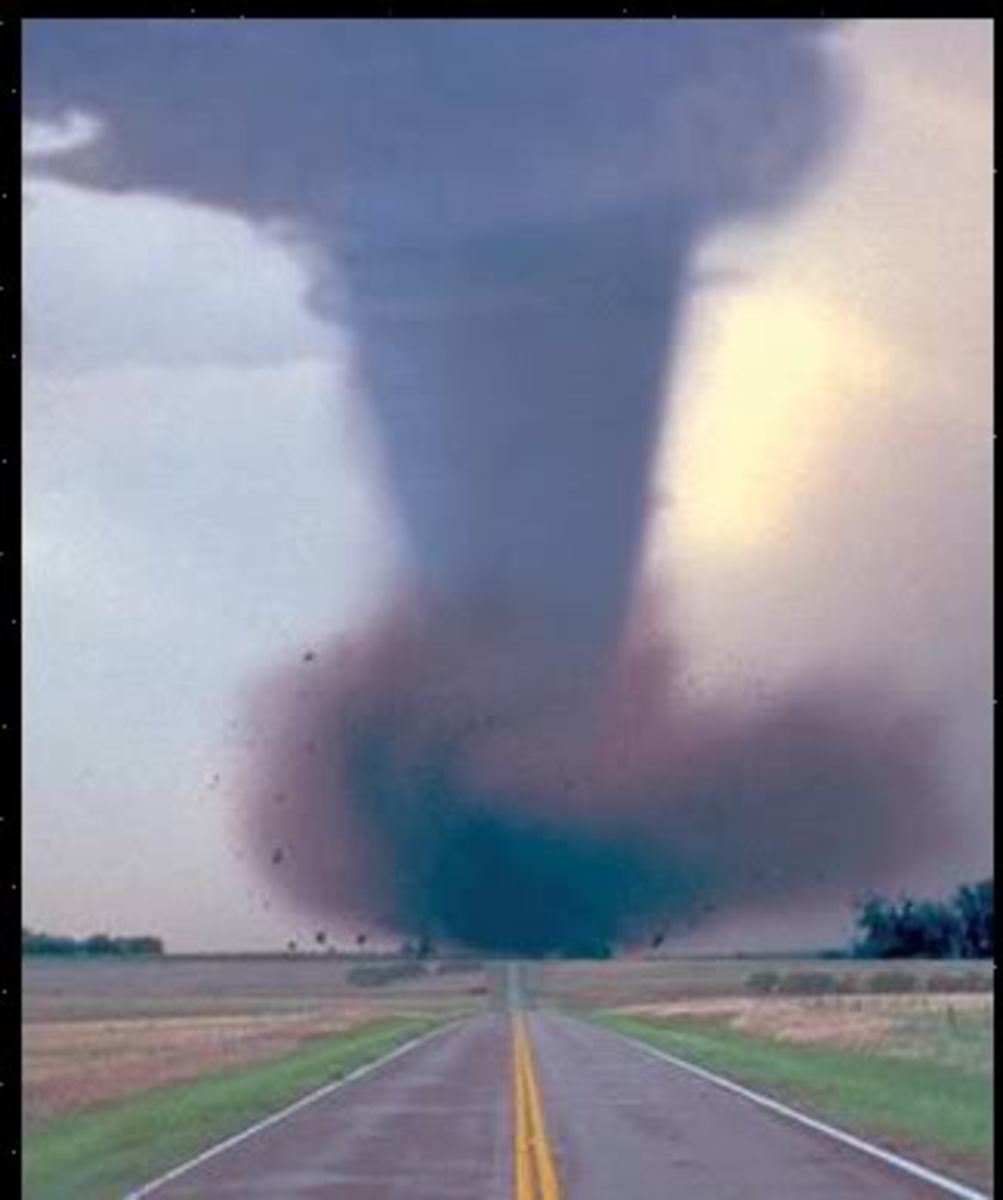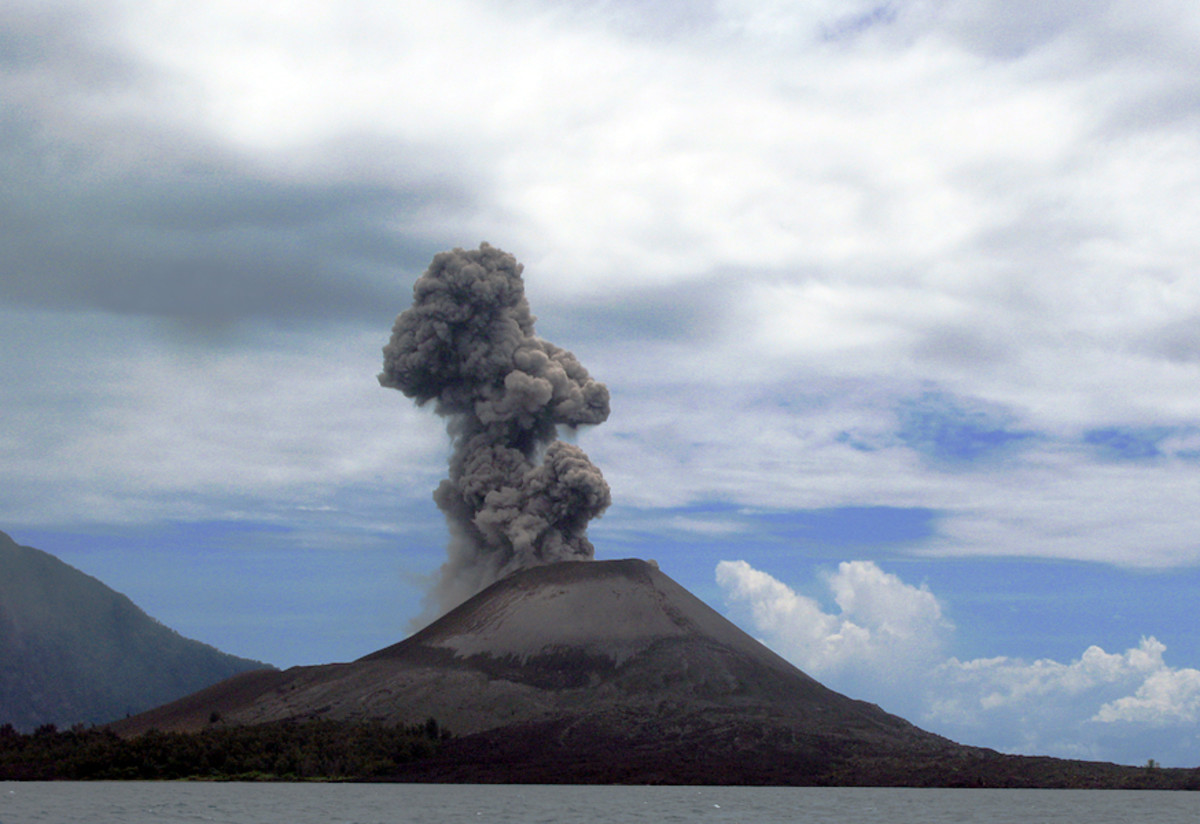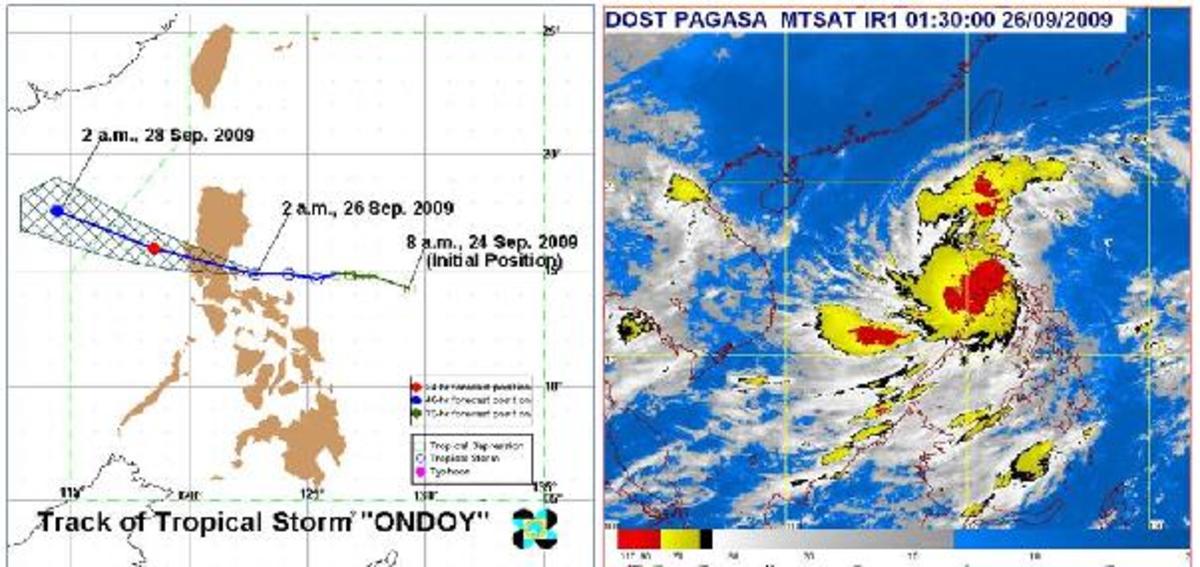Ways to Prepare for Any Natural Disaster
Natural disasters happen every year. Tornadoes, floods, hurricanes, and earthquakes are all considered a natural disaster, and they can be devastating. Hurricanes and earthquakes can tear up buildings, resulting in expensive damages; floods may wreck havoc for rivers and nearby homes. They are also deadly, which is why it is important for you to know what to do in case they happen. Getting certain supplies like food and emergency kits will help you, but generally understanding what to do ahead of time also benefits anyone.
Floods
Flood waters happen after a period of heavy rain or snow melt, and they are extremely hazardous. Lives were lost because people refused to leave their homes during a flood warning or tried to navigate through the high waters on roadways. Floods build in areas near rivers, lakes, ponds, and some large creeks. To protect yourself from those floods, pay attention to the weather media and seek higher grounds.
If you live in an area where flooding is prone to happen within hours after a heavy rain, you will likely be ordered to evacuate your home. Once you are warned by your local law enforcement agency, you need to do so immediately. As you do, take some important things with you: blankets, extra clothing, clean water bottles, and canned goods. If you want to protect your home or business from the flood, use sandbags to cover entrances and cracks on the outside walls.
Go to an emergency shelter if you’re directed to do so, or simply stay at a relative's house that is far away from the flood. And under no circumstances should you attempt to drive through shallow water covering streets. Turn around and find another way instead.
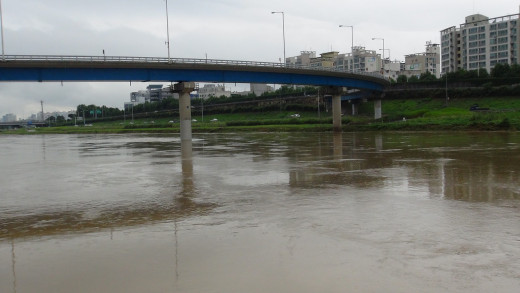
Hurricanes
A strong hurricane can yield to thousands of dollars toward damages to buildings in a single large city. Hurricanes occasionally strike the coasts of Central America, the Caribbean Islands, and Southeast United States. Similar storms are known as “typhoons” that sometimes hit Asian countries like China and Japan.
To prepare for any hurricanes, pay attention to the weather bulletins given for your area. Know when to leave, and do indeed evacuate to a safer place as soon as possible. Have the effort the board up all your home’s outdoor windows to protect them from high winds and heavy rains. Find several empty boxes and fill them with the following: canned foods, clean bottled water, clean clothing, blankets, pillows, flashlights with batteries in a new or good condition, and a cell phone. Set those items in the trunk of your car, lock all doors of your home, and drive away.
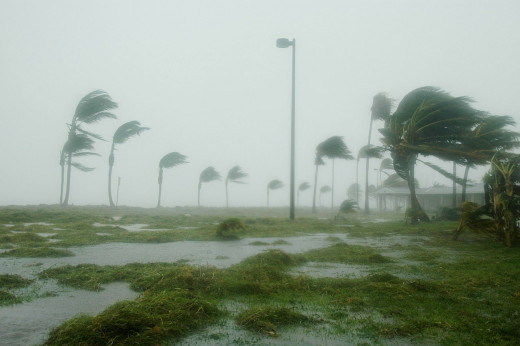
Earthquakes
The worst thing about earthquakes is that they are unpredictable. Unfortunately, there is still no reliable source of technology that is able to forecast earthquakes at this point. The only thing you can do about earthquakes is by knowing what to do ahead of time, including finding a place to protect yourself.
Know to crawl under a sturdy table or desk if an earthquake hits your area. To do this, simply get under the furniture, and bow your head while covering your back neck with your hands. Be careful of any falling objects. Use blankets to cover yourself if necessary.
Tornadoes
Tornadoes are among the most deadliest types of storms in the world. For example, 110 people in the United States have been reported killed back in 2008, making one of the worst years for tornado deaths in the country. In fact, the bulk of the tornadoes do occur in the United States, especially in the Great Plains region.
To keep yourself safe from tornadoes, find a storm cellar or a basement you know about in your neighborhood. If you can’t find either one, go to the first floor of your home. Crouch on your knees in a secluded hallway, protecting your neck with your hands. Or, you can crawl under a hard table and stay there until the tornado passes. Avoid going near windows while taking cover.
If you are outdoors, lay flat on your stomach in an open ditch. Cover your head with your arms to protect yourself from flying debris. Taking shelter under a bridge or overpass near a tornado is considered dangerous; avoid it.
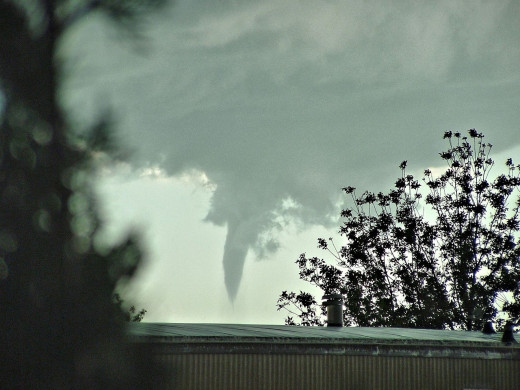
Jamie Lee Curtis: Preparing Your Family for Natural Disasters
Have you ever encountered a tornado?
Use insurance coverage
You can become eligible for storm damage coverage by purchasing insurance. You never know when a large tree will crash into the front of your house during a hurricane or a wind storm. Talk to your insurance agent to learn more options about the coverage toward any storm damages to your home or business.
Severe weather is nothing to mess around with. People can get killed from big-time storms such as hurricanes and tornadoes if they don’t obey directions given by law enforcement agencies. Keep others and yourself safe by preparing for any natural disasters, whether they are big or small.
YouTube video credit: BABrandStar


